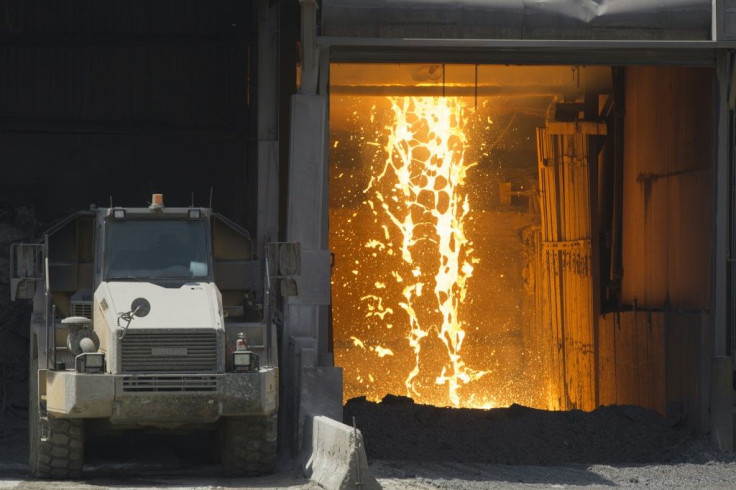US Manufacturing Growth Slows Sharply In July: Survey
US factory activity slowed sharply in July amid ongoing supply shortages and bottlenecks, according to an industry survey released Monday.
While manufacturing continues to grow, the reopening of the economy has hit speed bumps that have posed challenges to industry, including rising material prices and difficulties in hiring workers, according to the Institute for Supply Management's (ISM) monthly report.
Its manufacturing index fell 1.1 points to 59.5 percent, the lowest level since January, although that remains above the 50-percent threshold indicating growth.
Companies "continue to struggle to respond to strong demand due to difficulties in hiring and retaining" workers, ISM survey chief Timothy Fiore said.
He noted that "all segments of the manufacturing economy are impacted by near record-long raw-material lead times, continued shortages of critical basic materials, rising commodities prices and difficulties in transporting products."

The indexes for new orders, production and deliveries all fell, while the order backlog measure increased slightly, the report said.
However, the employment index jumped three percentage points and prices fell 6.4 points, indicating a slight improvement in the factors holding back manufacturing.
"Labor challenges across the entire value chain and transportation inefficiencies are the major obstacles to increasing growth," Fiore said.
Oren Klachkin of Oxford Economics said the survey indicates growth in the sector likely has peaked.
"The manufacturing outlook remains quite bright, with hearty goods demand, rising business investment and firming global activity set to keep factories churning at a solid pace," he said. "But manufacturers will have a tough time meeting robust demand."
© Copyright AFP 2024. All rights reserved.





















